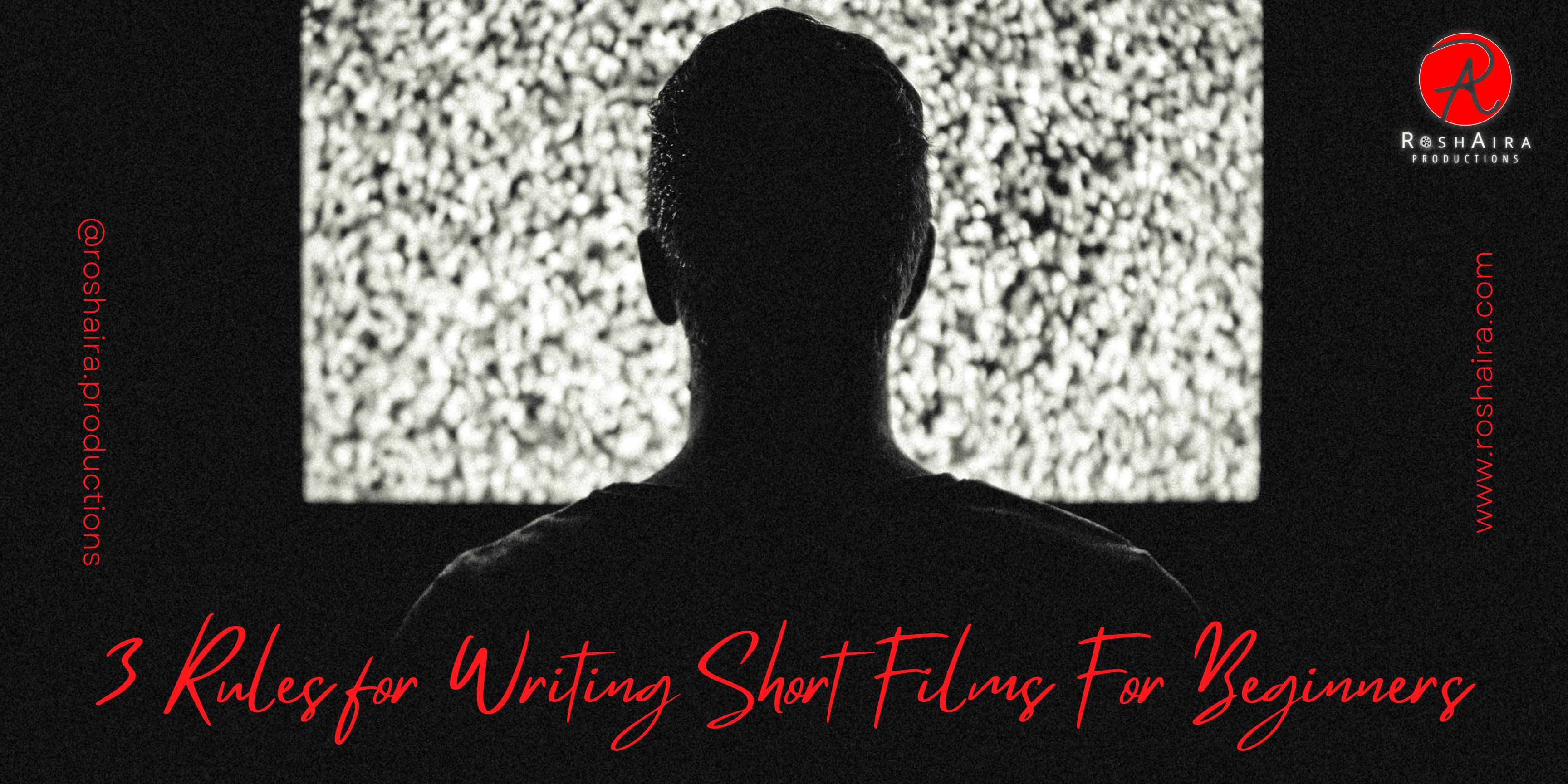
Well, let’s be honest. If you were given a chance to imagine a scene from Titanic differently, wouldn’t you do it? Apart from whether Jack could also be saved had Rose moved to make some room and Jack being a time traveler coming to save Rose making the rounds in the conspiracy bubble, would you have anything that you would script differently?
If you said yes, definitely you have a creative person in you and if you said no, you have a person who appreciates the craft of filmmaking. In either of the cases, you are not bound by any rules to think, imagine, accept, engage and reflect on the visual treat that was served to you!
Short films aren’t any way less than a cinema experience. Putting together a short film requires the exact skills and dedication but on a smaller scale. There is an explosion of filmmaking out there and it is absolutely certain that everybody has seen one!
So where do we begin?
We begin with a good script. Read along to know the basic rules of writing a short film if you are a beginner
- Keep it short.
The great thing about writing is, there is no boundary for your imagination. The characters in the script can be anyone and anything. Making all the way through a 50 to 100-page script with extensive action, chase and stunts for example, can be painful and difficult to execute. One way to address this ‘going-off-the-rail’ habit is to practice writing your scripts. The more you write, the more you can clean up your draft till you get the desired flow, consistency and grip to proceed to the next steps.
- Show. Don’t Tell
You would hear the veterans say this is the golden rule of script writing. Despite this, if your script has characters yapping and putting the audience to sleep, remember that the golden rule was broken!
Supplement your scene and characters with background stories, props, mannerisms, temper, emotions, social status etc. For example, if one of your character is a middle-aged senior lawyer, you place the scene in a room that depicts his chamber with a book shelf behind him, stacked with law books and reference materials, dusty pile of case registers, the character writing something seriously with an old Hero pen, looking up at the client who just walked in through his spectacles resting by the bridge of his nose, and gesturing them to take the seat in front of him.
From the above example, we did not need extensive verbal cues to explain about the character being a busy senior lawyer.
- Moments Matter
When we say, keep the script short, it does not mean you cut everything down to match a specific time limit. Short films work on a formula of ‘finding the moment’. The script can take the story that happens at a particular time period, or an occurrence between two major events. For example, a moment between two passengers who meet at a train station regularly and how life turned out differently for them one day, or about how the characters are racing against time to get something done. A moment of thrill, sudden emotion, open-ended climaxes, ending that questions the audience are all great start to finding the ‘moments’.
Remember, however long your short film is, your script is all about how you make the audience stay for that duration. There are many cliches in short films. Therefore, avoid stereotypes unless you have a fresh take on them and write what you are comfortable and resonate more with rather than something you borrowed from other resources. Scripting an imagination takes effort and breaking down this imagination to a shorter version takes even more effort. Watch as many short films as possible.
If you have a short film, do not shy away from getting it out to the world. Send it to at least one film festival and get expert feedback, share it on social media. The digital audience can be cruel with feedback sometimes, but take it positively and work on more projects.
Here is an opportunity for you to get your short film across to the experts. Click here to register now!
See you at the finale……

A Blog by Roshaira Productions



